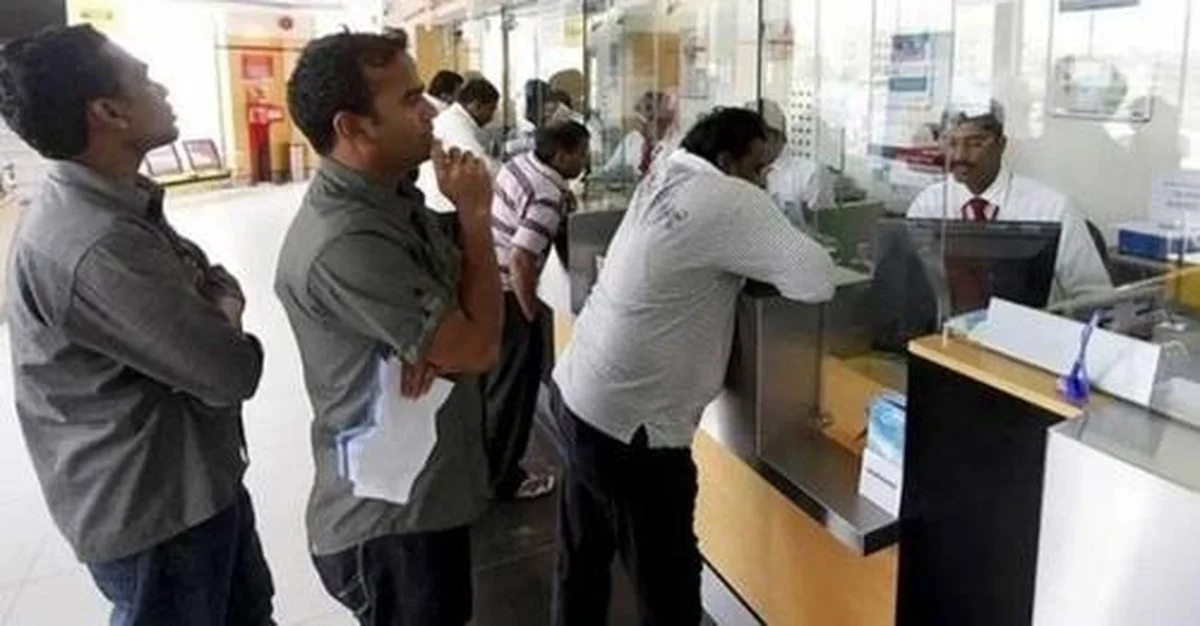10/02/2025
10/02/2025

KUWAIT CITY, Feb 10: Kuwait's recent regulatory tightening on money transfers has raised concerns for individuals and companies engaged in periodic financial transactions. Those accustomed to assisting friends with money transfers, particularly if the exchange company is located near their home, or individuals working as intermediaries for businesses with employees abroad, may find their transactions scrutinized more closely.
Sources revealed that the Central Bank of Kuwait is enforcing stricter measures to ensure the verification of actual beneficiaries in financial transfers, even for amounts under 50 dinars. This scrutiny extends to transactions that are recurring or consistent in amount, with individuals now required to justify the reasons for the transfer—even if they maintain a good relationship with the exchange company’s manager.
The increased regulatory stringency aims to bolster efforts to fight money laundering and terrorist financing, aligning with the guidelines set forth by the Financial Action Task Force (FATF). According to sources, the new rules are designed to enhance the Central Bank's oversight, ensuring that financial transfers to and from Kuwait meet the FATF's rigorous standards.
Under these regulations, exchange companies must ensure that customer information and the actual beneficiary data are verified throughout the transaction process. Additionally, they are required to keep this information updated and confirm its validity. These due diligence measures also include assessing the effectiveness of automated systems that monitor and prevent money laundering and terrorism financing.
Sources highlighted the importance of retaining customer and transaction records for at least five years after the completion of any transaction. This includes verifying the accuracy of data sent to the Central Bank for transactions exceeding 3,000 dinars (or its foreign currency equivalent) in one day. Moreover, exchange companies must have protocols in place to report suspicious transactions that could potentially involve proceeds of crime or links to terrorist financing.
The Central Bank also emphasized the need for exchange companies to maintain effective procedures for reporting suspicious activities. In cases where a transaction is suspected of being illicit, exchange companies are required to conduct thorough investigations and keep documentation of the results. This includes identifying all parties involved and ensuring that any potential connections to money laundering or terrorism financing are fully explored and documented.
To further ensure compliance, the Central Bank requires exchange companies to implement customer due diligence measures that vary depending on the assessed risk level (low, medium, or high). This includes reviewing a sample of customer files and transactions, with additional scrutiny placed on high-risk customers.
In addition to these steps, the Central Bank mandates that exchange companies engage an audit office, preferably linked to an international entity, to evaluate their compliance with Law No. 106 of 2013. This audit must focus on unusual transactions or activities lacking clear economic justification, with reports required semi-annually on June 30 and December 31.
As part of ongoing due diligence, exchange companies must also implement an automated system to verify names against lists of individuals and entities subject to freezing orders, including those issued by the UN Security Council Sanctions Committee and Kuwait’s local Ministry of Foreign Affairs committee. This is aimed at ensuring compliance with international sanctions related to the fight against terrorism and the proliferation of weapons of mass destruction.
Under the new regulatory framework, exchange companies are prohibited from providing any financial services to individuals, entities, or groups listed in these freezing decisions, reinforcing Kuwait’s commitment to global security efforts.
As these measures take effect, those involved in financial transfers will need to adjust to a more stringent regulatory environment, ensuring their transactions are in full compliance with the new standards.


